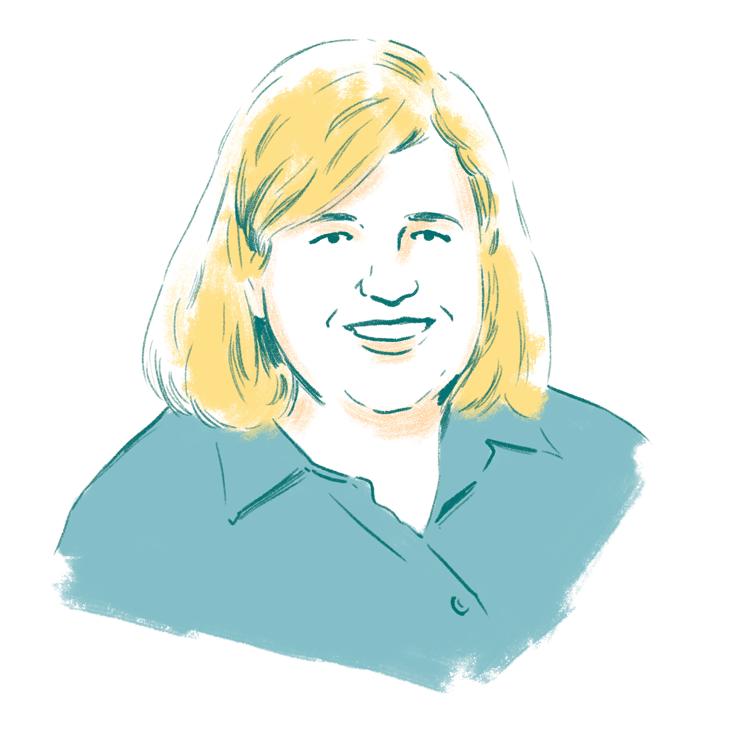
Victoria Woodhull was the first. Woodhull, who ran for president in the 1872 election, wasn’t able to vote herself, as it would be 50 years before the 19th Amendment extended the franchise to women, but she figured “there was no reason she couldn’t be voted for,’’ said historian Ellen Fitzpatrick. Woodhull’s story was complicated — she found herself in prison on election day, for one thing — but she set a precedent when her name appeared on ballots for the presidency.
Woodhull is one of three women profiled in Fitzpatrick’s new book, “The Highest Glass Ceiling: Women’s Quest for the American Presidency’’; the others are Margaret Chase Smith, who ran for the Republican nomination in 1964, and Shirley Chisholm, who ran for the Democratic nomination in 1972. Despite vast political and historical differences, the three shared one challenge: being taken seriously by a country in which “the whole idea of having a woman as president was deemed outlandish,’’ said Fitzpatrick. “The reason, I think, that no academic historian has written a book of this kind actually mirrors the phenomenon the book describes,’’ she added. “No one has ever taken them seriously.’’
Widely respected by her Senate colleagues, Smith was among the most admired women in the world according to a Gallup poll. That changed quickly. “She goes from being this highly esteemed senator to, literally overnight, being an object of ridicule in newspapers and in the popular press,’’ said Fitzpatrick.
Chisholm, an African-American congresswoman, faced both sexism and racism when she ran. “People said to her, ‘You’re going to be trashed; you’re going to be humiliated; you’re going to be ridiculed’,’’ Fitzpatrick said. “And she replied, ‘Oh, I’ve endured this my whole life, that doesn’t faze me.’ ’’
The book ends with a look at Hillary Clinton, who has come closer than any previous woman running for president. “Clinton is a figure that really pulls the strands of this story together,’’ said Fitzpatrick, who stresses that she’s not endorsing or advocating for any candidate. Still, Clinton clearly stands on some strong shoulders. “Anyone who runs for the presidency is not your average bear,’’ Fitzpatrick said. “These women in particular are extraordinary.’’
Fitzpatrick will read 6 p.m. Thursday at the John F. Kennedy Presidential Library and Museum, Columbia Point, Boston.
Kate Tuttle, a writer and editor, can be reached at kate.tuttle@gmail.com.



